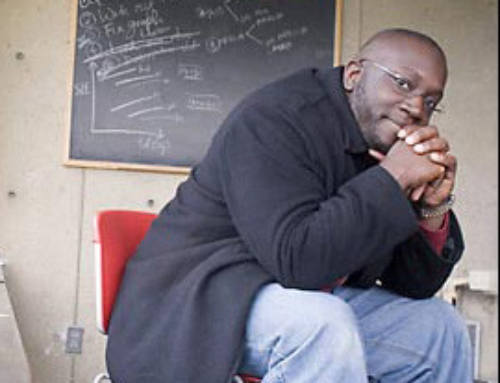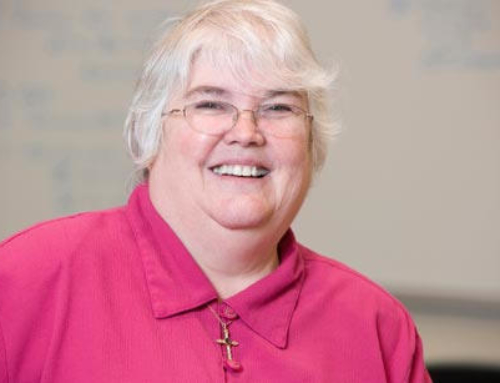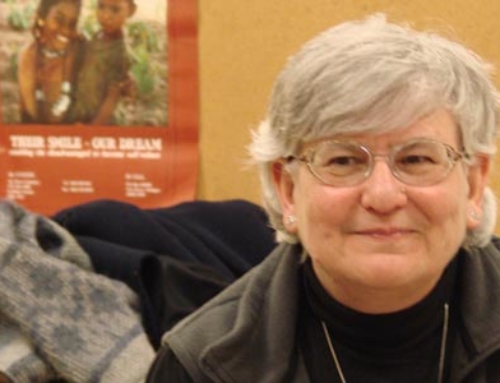Beyond English class: one professor's assignment reveals the power of writing across the curriculum
 Writing Across the Curriculum programs throughout the country have two major goals: to help students improve their writing and to help students improve their overall learning by writing to learn. Writing can be highly effective in processing information, gaining new insights, and reinforcing what was previously learned. Its usefulness is another reason to encourage writing assignments across the curriculum, rather than in a limited number of writing-intensive courses.
Writing Across the Curriculum programs throughout the country have two major goals: to help students improve their writing and to help students improve their overall learning by writing to learn. Writing can be highly effective in processing information, gaining new insights, and reinforcing what was previously learned. Its usefulness is another reason to encourage writing assignments across the curriculum, rather than in a limited number of writing-intensive courses.
At St. Joe's, Writing Across the Curriculum began when English Department chairman Edward Rielly met with other faculty in 2006 about how writing for a host of required core courses at Saint Joseph's could be coordinated to reinforce students' writing experiences. Here is one result written by Daniel Sheridan.
I believe that I have found a very significant writing exercise for my theology courses. For each course, as the initial assignment during the first week, I have the students write a personal letter to me. The idea is to get the students to take seriously the subject matter of the course and to relate it to their own personal experience. A secondary objective is for me to get to know my students better.
For Introduction to Judeo-Christian Tradition, in which most of the students are first-year, the assignment is to write a five-page typed letter describing who the students are religiously and how they got there. I tell them the only rules are that they begin with "Dr. Sheridan" and end with "Sincerely, [signed]." The letter genre is apparently one they feel very much at home with. It also allows them to open up, leaving aside inhibitions or writer's block. I am continually surprised at the quality of the writing and the reflective depth that the students exhibit when they write about themselves.
The students often write more than five pages. This surprises them since the assigned length is almost always perceived at first as a real challenge. Students tell me that no one has ever asked them to write about such a matter, and certainly not to write personally about religion.
The letters for this course are very revealing. These letters show me where the students are - confused, uninformed, but sincere. They are significantly "unchurched" with many of the generational transferences that earlier in my career we took for granted no longer taking place. Especially evident is the role of parents in the confusion or lack of belief that students feel. Many parents are not providing a religious education for their children.
Of course, in matters of religion, belief, and spirituality, I believe we must always begin where the students are. As a result of these letters, I teach a different course than the one I would have without the knowledge and insight that the letters provide. I write a short note acknowledging the heartfelt frankness with which the students have written to me. When I return the letters, I give the same grade to each one of them: a numerical "90" or B+ for 10% of the final grade. This grade gives them a head start for a good final grade and positive reinforcement at the beginning of the course.
From the perspective of Writing Across the Curriculum, this letter assignment encourages unpressured writing in a genre they are actually quite good at. I have not yet received anything resembling the shortcuts of instant messaging or texting. The letter assignment allows the student to expand on a theme they know something about - themselves.
Dr. Daniel Sheridan is professor of theology at Saint Joseph's College and the director of the online theology program for the Graduate & Professional Studies division.



